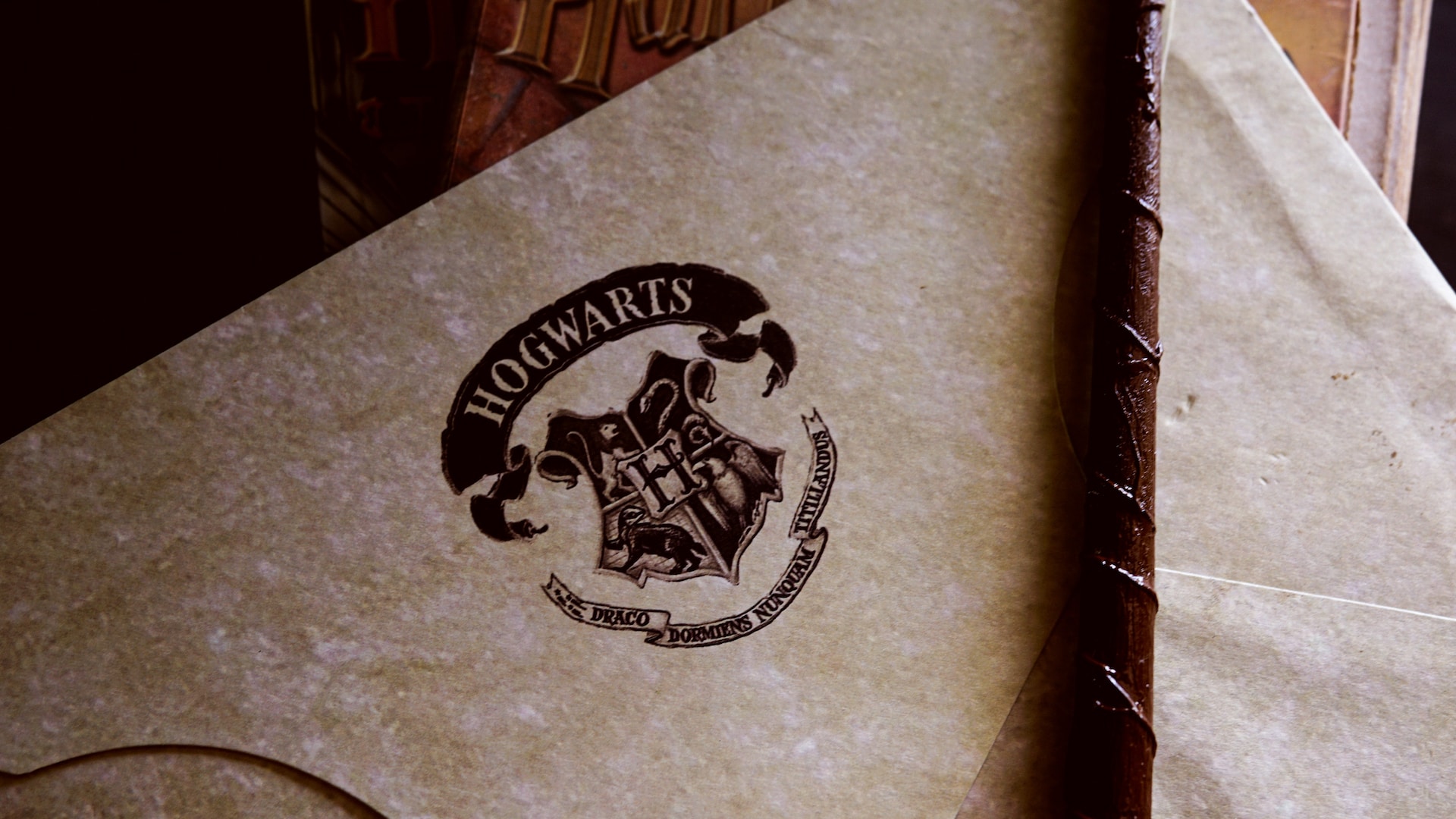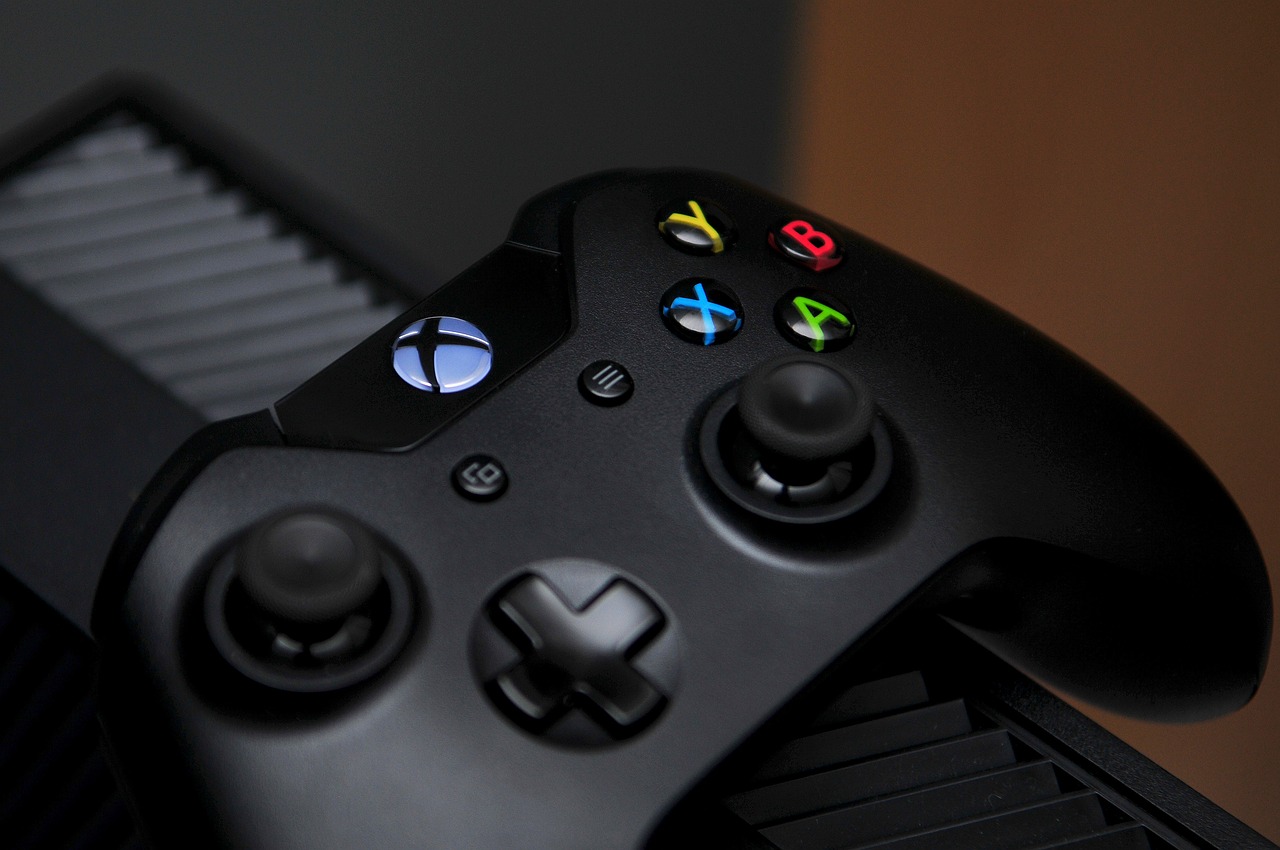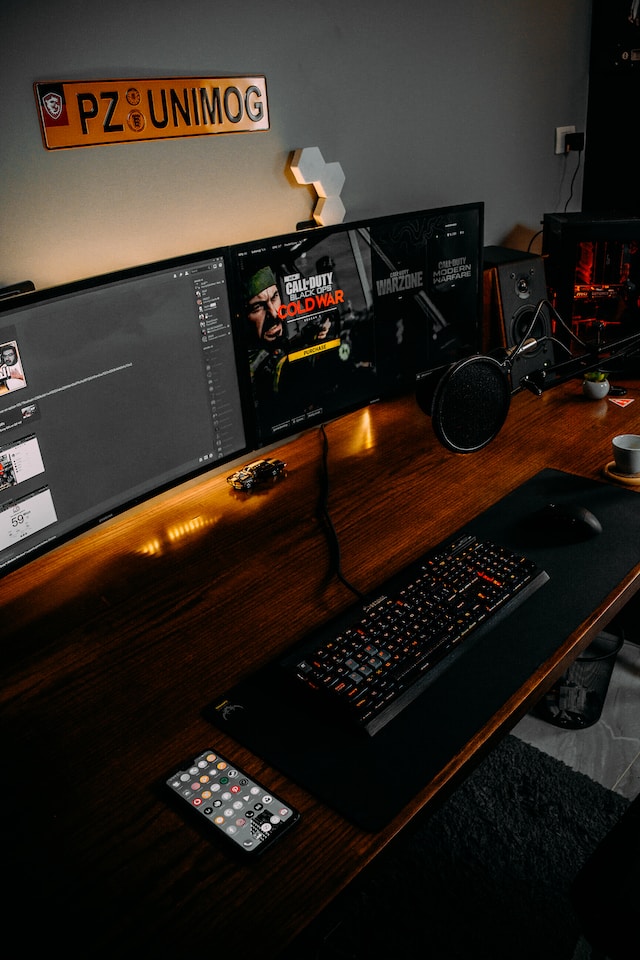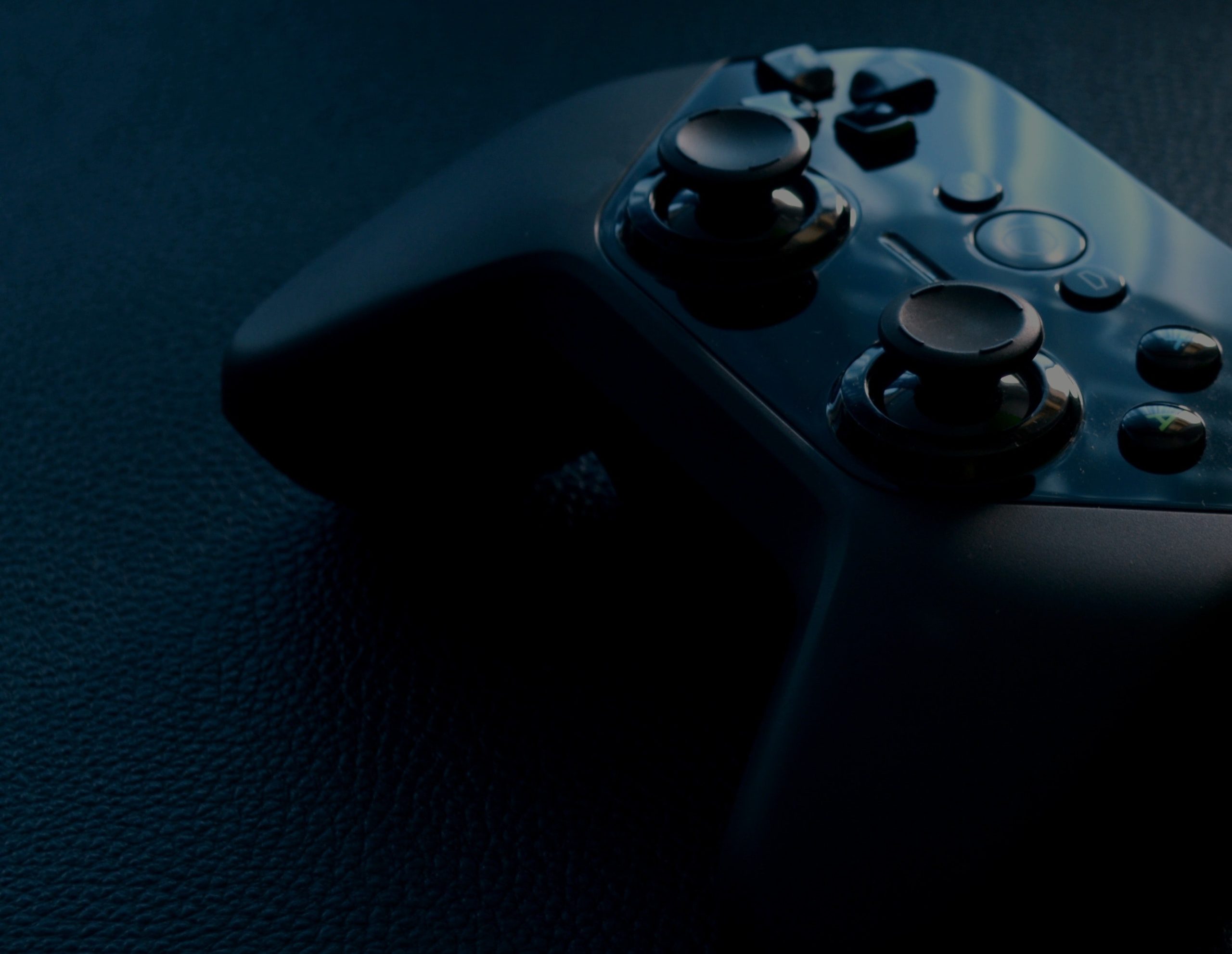Introduction
When Hogwarts Legacy hit shelves in February 2023, it was one of the most eagerly awaited games of the year. Set a century before the events of the Harry Potter novels, the action RPG promised players a fresh trip through the Wizarding World. Yet the launch came with a storm of controversy: many LGBTQ gamers and allies called for a boycott of the game. Their target was not the gameplay itself, but the game’s connection to J.K. Rowling, whose public comments on transgender issues sparked widespread outrage. As Hogwarts Legacy debuted, debates over art versus artist, inclusivity, and community values raged online and in gaming circles. This article examines the LGBTQ gamer protests, the game’s inclusive features, developer responses, and what the controversy means for the future of both the franchise and its fan base.
The Roots of the Protests
The call to boycott Hogwarts Legacy didn’t emerge from the game’s content—development of the title began in 2018, well before J.K. Rowling’s transphobic comments in 2020. Instead, protesters focused on the fact that Rowling would likely profit from every sale, thanks to her role as the creator of the Hogwarts universe themonastery.org. LGBTQ advocates argued that buying the game indirectly supports an author whose statements they find harmful. Hashtags like #BoycottHogwartsLegacy trended on Twitter, Twitch streamers publicly pledged not to play, and LGBTQ organizations urged solidarity to send a message against transphobia.
Community Reactions and Boycott Efforts
Social media became the main battlefield. On Twitter, threads gathered tens of thousands of likes and retweets, as gamers shared their reasons for refusing to pre-order or stream the game. On Twitch, websites sprang up to list and shame streamers who played Hogwarts Legacy, pressuring them to stop or risk backlash gamingbible.com. Critics argued that visibility on Twitch equaled financial support for Rowling, while streamers countered that many fans separate the creator’s views from the game’s development team. The rift highlighted a deeper question: can fans truly divorce art from its creator when royalties flow back to the original author?
Inclusive Features in the Game
In response to the controversy, Avalanche Software and publisher Warner Bros. Games emphasized the game’s inclusive elements. Hogwarts Legacy boasts a fully customizable character creator, allowing players to choose masculine, feminine, or nonconforming traits for their avatars. The game also introduces Sirona Ryan, a transgender NPC and owner of the Three Broomsticks in Hogsmeade—a first for the Wizarding World ew.com. Developers stated that Sirona’s identity is hinted at through dialogue and pronoun choices, offering meaningful representation without tokenism. In interviews, the game’s director, Alan Tew, said, “We want every player to feel they belong in Hogwarts, regardless of who they are.” These efforts aimed to show solidarity with LGBTQ players and counter calls for a boycott by proving the game’s own commitment to diversity.
Sales Versus Protests: What the Numbers Say
Despite vocal protests, early sales data told a different story. Hogwarts Legacy shattered records, becoming the most-watched single-player game on Twitch during early access and topping Amazon’s bestseller list for weeks before launch en.wikipedia.org. By mid-March 2023, the game had sold over 12 million copies and generated $850 million in revenue within its first two weeks—figures that climbed past $1 billion by May 2023. These numbers suggest a divided community: while a vocal minority urged a boycott, the majority of gamers either were unaware of the controversy or chose to separate the game from Rowling’s personal views.
Voices on Both Sides
Supporters of the Boycott
LGBTQ advocates argued that a boycott is one of the only ways to hold Rowling accountable and show solidarity with trans people. Some streamers who backed the boycott cited concern for their younger, trans, and nonbinary viewers who look to them for representation and support. They maintained that the potential harm of supporting Rowling’s earnings outweighed the desire to play a well-crafted game.
Opponents of the Boycott
Others felt that punishing the development team—many of whom have no direct ties to Rowling—was unfair. They believed that Hogwarts Legacy’s own inclusive design and storytelling warranted support, regardless of its author’s views. Some LGBTQ gamers themselves stated they would play, to ensure their own voices and experiences were represented in-game.
Developer and Publisher Responses
Warner Bros. Games took care to clarify that Rowling had no direct creative input on the new game, beyond the use of her intellectual property. Company president David Haddad acknowledged Rowling’s right to her opinions but stressed that the game’s narrative and characters reflect Avalanche’s vision. The studio also highlighted its commitment to making Hogwarts Legacy a welcoming space for all players en.wikipedia.org. In press statements, developers urged players to focus on the game’s positive qualities—its rich open world, engaging story, and inclusive character options.
Broader Implications for the Gaming Industry
The Hogwarts Legacy controversy underscores a growing tension in gaming: how to address creator misconduct or controversial views when their intellectual property is large and lucrative. Similar debates have arisen around actors, directors, and even entire franchises. The situation raises questions about transparency in royalties, the ethics of consumption, and how much responsibility companies bear for their IP’s original creators. Moving forward, publishers may face pressure to clarify financial arrangements or direct a larger share of profits toward the development teams rather than original authors.
What This Means for Players
For gamers, the Hogwarts Legacy launch presented a choice: boycott a major title on moral grounds or embrace the game’s own story and representation. Many players reached a middle ground—playing the game but donating proceeds to LGBTQ charities or campaigning for better industry standards. Others waited for used or discounted copies, hoping royalties paid to Rowling would decrease over time. This controversy has prompted a new level of player awareness, where purchase decisions are seen as ethical statements.
Conclusion
The launch of Hogwarts Legacy amidst LGBTQ gamer protests highlights a pivotal moment in gaming culture. On one side, protesters demanded accountability for J.K. Rowling’s comments on transgender issues. On the other, many gamers and the development team pointed to the game’s inclusive character options and the introduction of a transgender NPC, Sirona Ryan, as signs of progress. Record-breaking sales show that, for most players, Hogwarts Legacy’s immersive world ultimately outweighed the controversy. Yet the debate over separating art from artist—and where royalties flow—continues to resonate. As the industry evolves, gamers, creators, and publishers alike will need to navigate these moral and financial complexities, ensuring games can both entertain and uphold the values of their diverse community.










